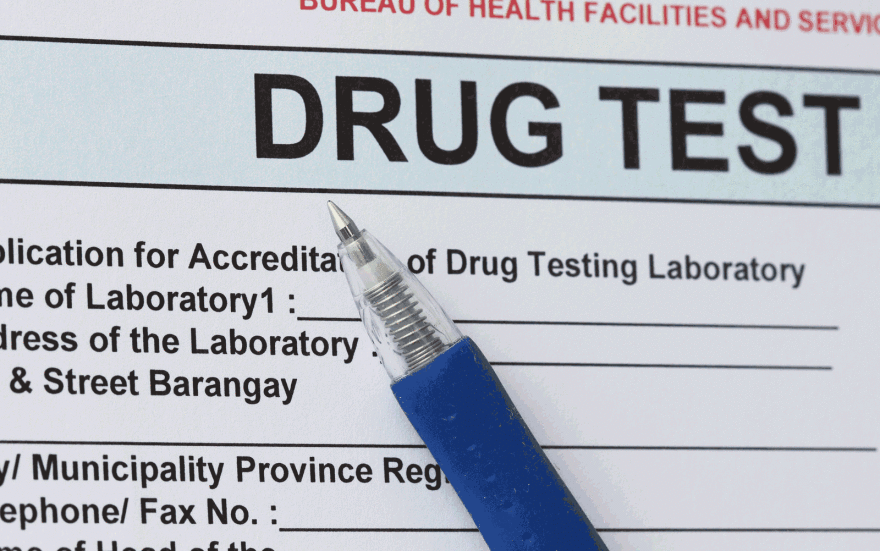Hot-button issues came before the Legislature’s Joint Finance committee on Tuesday. Many votes fell along party lines, with Republicans approving items in Gov. Walker’s budget and Democrats resisting, unsuccessfully.
The committee approved one of Gov. Walker’s proposals that would require certain residents seeking unemployment benefits, food stamps or Medicaid coverage to be tested for substance use. Those who fail could keep their benefits if they enrolled in taxpayer-funded treatment.
State Rep. Dale Kooyenga explained his support for the plan.
“The problem with substance abuse is when you have these drug problems is you’re a danger to the people around you. And most importantly, you’re a danger to yourself. And so the reason we do that, is not because we want to slap someone down and punish them and make their life miserable, the reason we do that is because we care,” Kooyenga said.
Budget committee chairman, Rep. John Nygren, said drug testing people on employment would help the state’s economy.
“We have 85,000 jobs that are on our Department of Workforce Development website that are going unfilled. This number hasn’t gone down, it’s gone up. So if we can’t make some reforms, as our Rep. Kooyenga said, that the general population supports, when you’re getting assistance from your friends and neighbors, I’m not sure that we’re a compassionate society,” Nygren said.
Details of the testing program, such as who would be tested and why, are unclear, according to Stephanie Mabrey, an analyst with the nonpartisan Legislative Fiscal Bureau.
“Under the bill, it’s not clear what mechanism would be used as a screen, however, the department is permitted…to request a waiver from the U.S.D.A. to screen and, if indicated, test an individual for substance abuse,” Mabrey said.
Gov. Walker has included $500,000 for the drug testing program in the first year. But Mabrey says state policy analysts have no idea how much the program would actually cost.
“There’s not sufficient detail in this proposal for us to produce any sort of estimate related to it,” Mabrey said.
Democrats on the budget committee, including Rep. Gordon Hintz, jumped on those uncertainties.
“It’s half baked. It’s not ready for prime time. The reality is there’s way too many questions about functional administration, but even more so, costs,” Hintz said.
Democrats also noted the federal government does not allow states to add eligibility requirements, such as drug testing, to programs like Medicaid.
Rep. Chris Taylor warned the committee’s GOP majority that Wisconsin is likely to face costly litigation over the proposal.
“This is punitive. This is probably unconstitutional and this is gonna cost us money. It’s not fiscally prudent,” Taylor said.
Other budget items the Joint Finance Committee dealt with Tuesday included a proposal to raise the retirement age for elected officials. Republican Assemblyman Kooyenga said it was only fair.
“We are simply going to treat elected officials just like every other state employee, by changing the retirement age from 62 to 65,” Kooyenga said, adding the move would save Wisconsin $873,000.
The committee also approved Gov. Walker’s proposal to save more than $50 million by hiking state employee’s health insurance deductibles and co-pays.
Democrats Assemblyman Hintz blasted the idea, saying Republicans were attempting to balance the budget on the backs of state workers.
“We should just have a separate motion with a huge bumper sticker that says, ‘Eat it State Employees,’ because that’s really what we’re doing here,” Hintz said.
One other item the budget committee advanced along party lines would give $2,000 to state workers who opt out of their group health insurance coverage.
The Fiscal Bureau said the opt-out plan could save taxpayers up to $18 million or cost them up to $4 million, depending on how many workers use the option.



